The Future of Family Transport: Exploring the 2025 Honda Odyssey’s Powertrain Options
The Future of Family Transport: Exploring the 2025 Honda Odyssey’s Powertrain Options
Introduction
With enthusiasm, let’s navigate through the intriguing topic related to The Future of Family Transport: Exploring the 2025 Honda Odyssey’s Powertrain Options. Let’s weave interesting information and offer fresh perspectives to the readers.
Table of Content
The Future of Family Transport: Exploring the 2025 Honda Odyssey’s Powertrain Options

The Honda Odyssey, a perennial favorite in the minivan segment, has consistently delivered on its promise of family-friendly features, practicality, and reliability. As we approach 2025, anticipation is high for the next iteration of this popular vehicle. While specifics remain under wraps, speculation abounds regarding the powertrain options that will propel the 2025 Odyssey. This article delves into the potential fuel choices and technologies that could shape the Odyssey’s future, exploring the factors driving these decisions and their potential impact on performance, efficiency, and environmental footprint.
The Evolution of Power: A Look Back
To understand the future of the Odyssey’s powertrain, it’s crucial to examine its past. The current generation, launched in 2018, features a 3.5-liter V6 engine paired with a 10-speed automatic transmission. This configuration delivers ample power and smooth acceleration, while maintaining reasonable fuel efficiency. However, the automotive landscape is constantly evolving, with advancements in hybrid and electric technologies pushing the boundaries of performance and sustainability.
Hybrid Technology: A Likely Contender
Given the growing emphasis on fuel efficiency and reduced emissions, the 2025 Odyssey could embrace hybrid technology. This approach combines a gasoline engine with an electric motor, allowing for regenerative braking and enhanced fuel economy. Honda has a proven track record with hybrid systems, as seen in models like the Accord and CR-V.
Potential Advantages of a Hybrid Odyssey:
- Improved Fuel Efficiency: Hybrid systems enhance fuel economy by capturing energy during braking and using it to supplement the gasoline engine, resulting in lower fuel consumption and reduced emissions.
- Enhanced Performance: The electric motor provides instant torque, contributing to smoother acceleration and a more responsive driving experience.
- Quiet Operation: The electric motor allows for near-silent operation at low speeds, enhancing the comfort and refinement of the Odyssey’s interior.
A Glimpse into the Future: Plug-In Hybrid and Electric Possibilities
While a conventional hybrid system is a strong contender, the 2025 Odyssey could also explore more advanced powertrain options. Plug-in hybrid (PHEV) technology, which allows for extended electric-only driving range through external charging, is gaining traction. Fully electric powertrains, powered by batteries and offering zero tailpipe emissions, are also becoming increasingly viable for family vehicles.
The Appeal of PHEVs and EVs:
- Reduced Emissions: Both PHEVs and EVs contribute to cleaner air by eliminating tailpipe emissions during electric operation.
- Potential Cost Savings: Electric driving, especially with PHEVs, can significantly reduce fuel costs, leading to long-term savings.
- Enhanced Driving Experience: Electric motors provide instant torque, resulting in smooth and responsive acceleration, particularly beneficial for navigating city traffic.
Navigating the Challenges: Considerations for the 2025 Odyssey
While the potential benefits of hybrid, PHEV, and EV technologies are undeniable, there are practical considerations that Honda must address:
- Battery Range and Charging Infrastructure: Electric vehicles require sufficient battery range to accommodate family outings and long journeys. The availability of charging infrastructure, particularly for long-distance travel, remains a crucial factor.
- Cost Considerations: Hybrid and electric vehicles generally have a higher initial purchase price compared to their gasoline counterparts.
- Space and Weight Constraints: Incorporating battery packs and electric motors into the Odyssey’s design could impact cargo space and overall weight.
Addressing the Concerns: Honda’s Expertise and Innovation
Honda possesses the expertise and technological prowess to overcome these challenges. The company has been actively investing in battery technology, developing efficient electric motors, and refining hybrid systems. By leveraging its experience and embracing innovation, Honda can deliver a 2025 Odyssey that balances performance, efficiency, and practicality.
FAQs: Exploring the 2025 Odyssey’s Powertrain Options
Q: Will the 2025 Honda Odyssey offer a purely gasoline engine option?
A: While Honda has not explicitly confirmed its plans, it’s likely that a gasoline engine option will remain available, offering a more affordable and familiar choice for buyers.
Q: What kind of fuel efficiency can I expect from a hybrid Odyssey?
A: A hybrid Odyssey could achieve significantly improved fuel economy compared to its gasoline-powered counterpart. Estimates suggest a potential increase of 20-30% in fuel efficiency.
Q: How long will it take to charge a plug-in hybrid Odyssey?
A: The charging time for a PHEV Odyssey will depend on the size of the battery and the type of charging station used. Level 2 chargers, typically found at home, can take several hours, while DC fast chargers can provide a significant charge in a shorter timeframe.
Q: Will a fully electric Odyssey be available in 2025?
A: While a fully electric Odyssey in 2025 is not ruled out, it’s less likely given the current state of battery technology and infrastructure. However, Honda’s commitment to electrification suggests that an EV Odyssey could be on the horizon in the near future.
Tips for Choosing the Right Powertrain for Your Needs:
- Consider Your Driving Habits: If you primarily drive short distances and have access to charging infrastructure, a hybrid or PHEV could be a good fit.
- Evaluate Your Budget: Hybrid and electric vehicles typically have a higher initial cost, but they can offer long-term savings through reduced fuel expenses.
- Prioritize Space and Cargo Capacity: If cargo space is a priority, ensure that the chosen powertrain configuration does not compromise the Odyssey’s spacious interior.
Conclusion: A New Chapter in Family Transportation
The 2025 Honda Odyssey is poised to usher in a new era of family transportation, blending practicality, performance, and sustainability. While the specific powertrain options remain shrouded in mystery, the potential for hybrid, PHEV, and even EV technology is undeniable. Honda’s commitment to innovation and its proven track record in these areas suggest that the 2025 Odyssey will be a compelling choice for families seeking a blend of efficiency, performance, and environmental responsibility. As the automotive landscape continues to evolve, the 2025 Odyssey stands ready to shape the future of family transport.
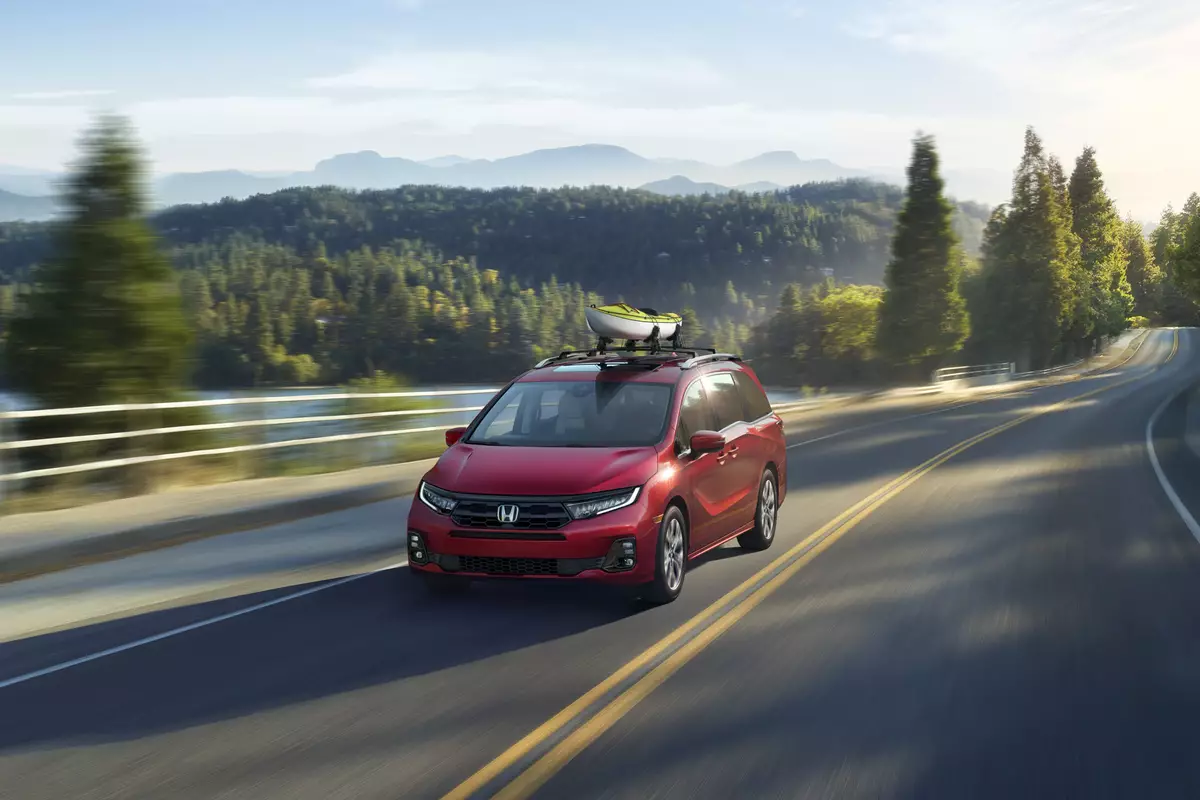

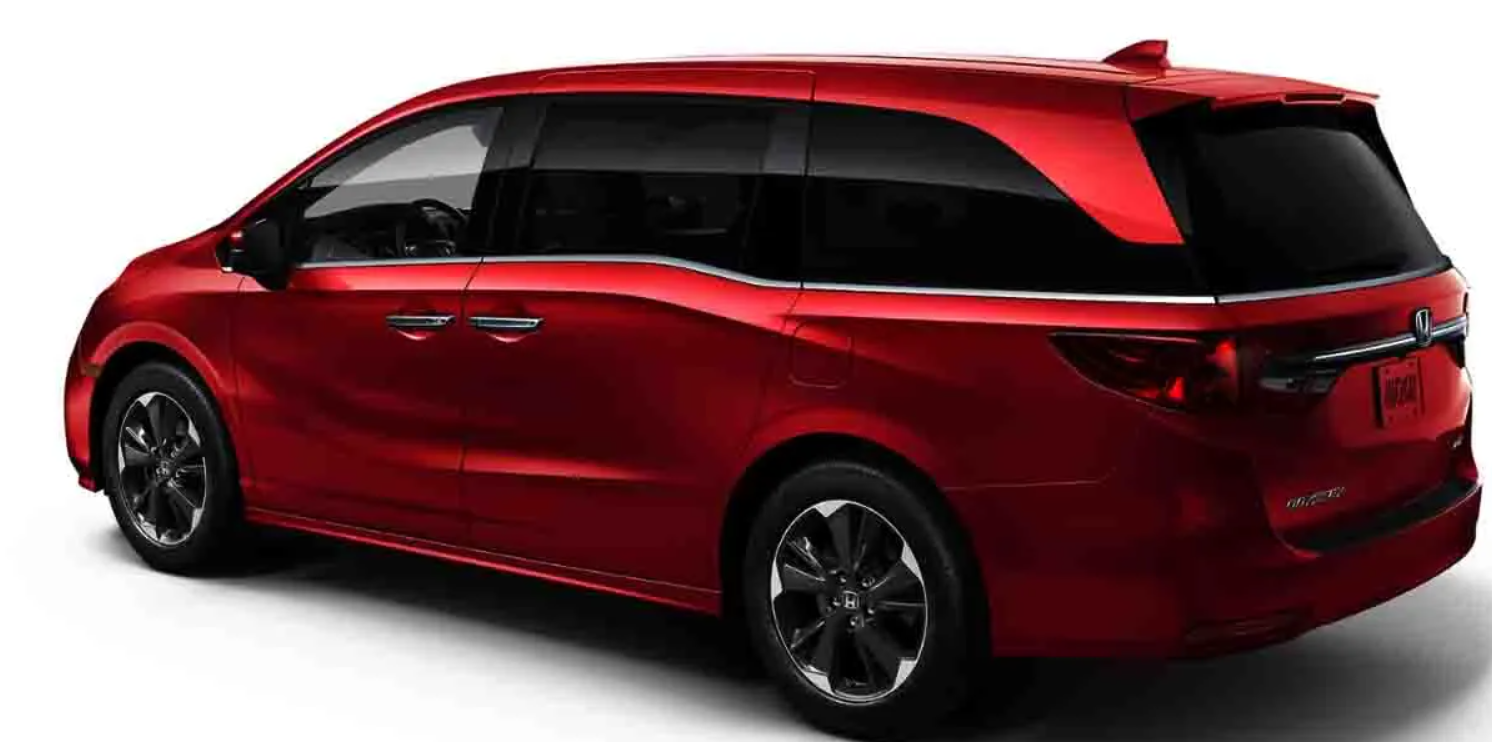
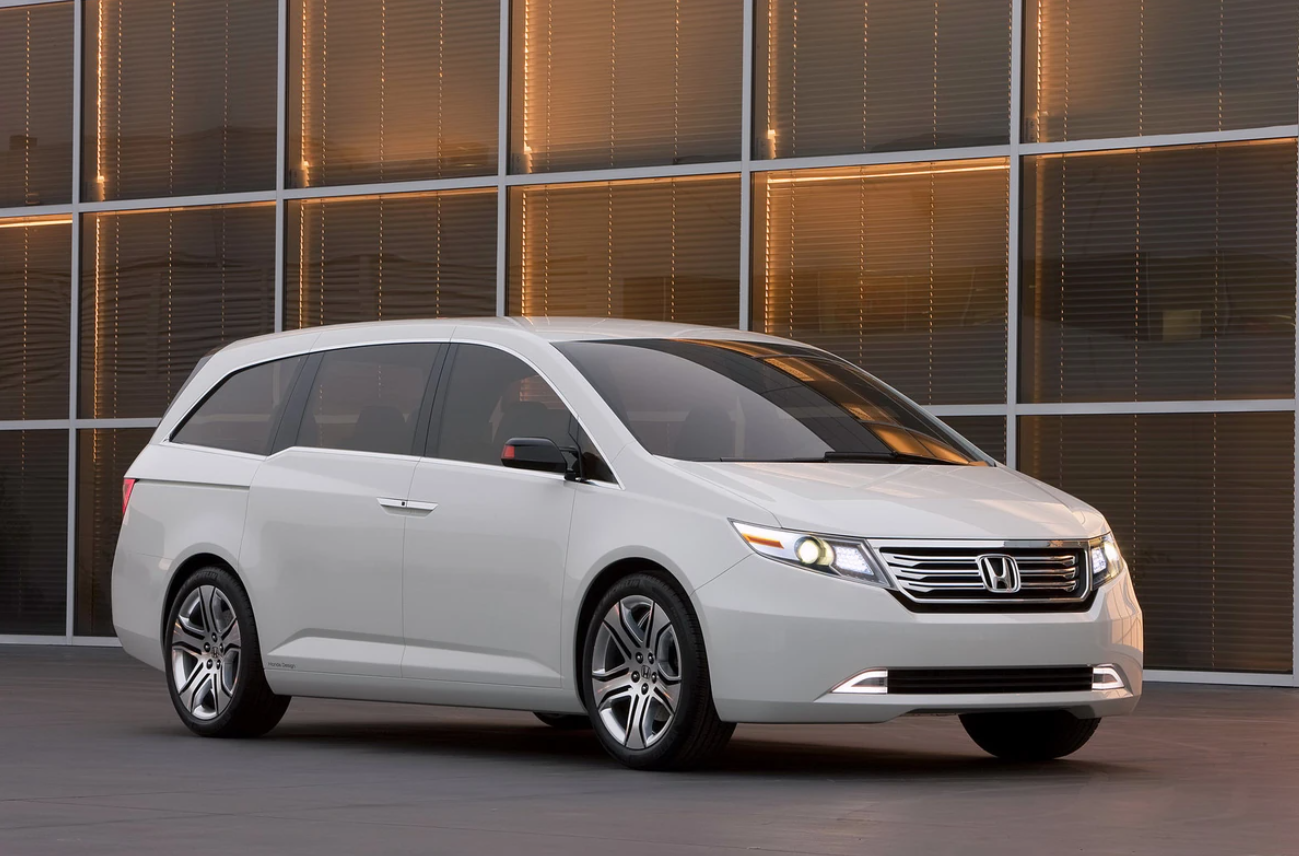

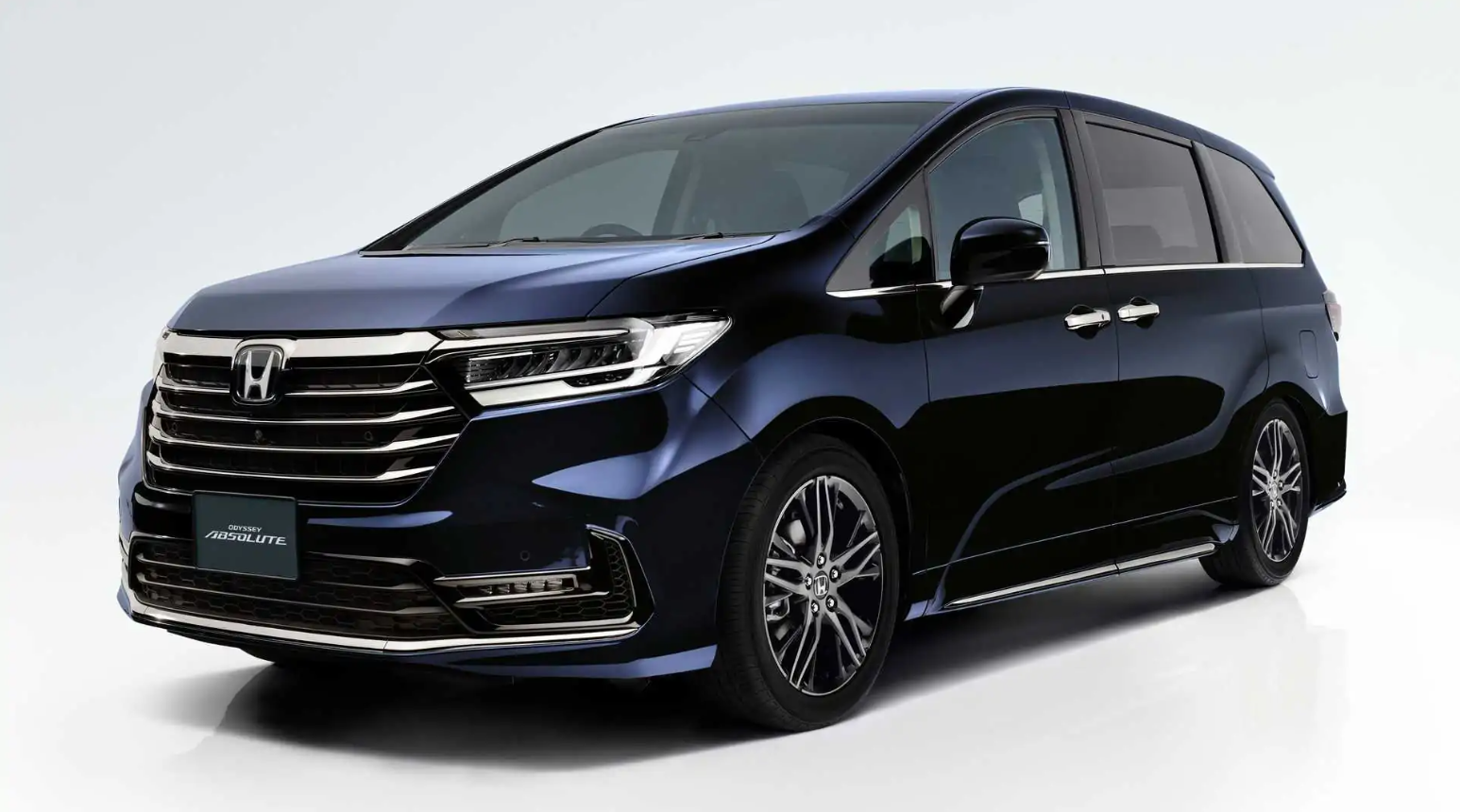
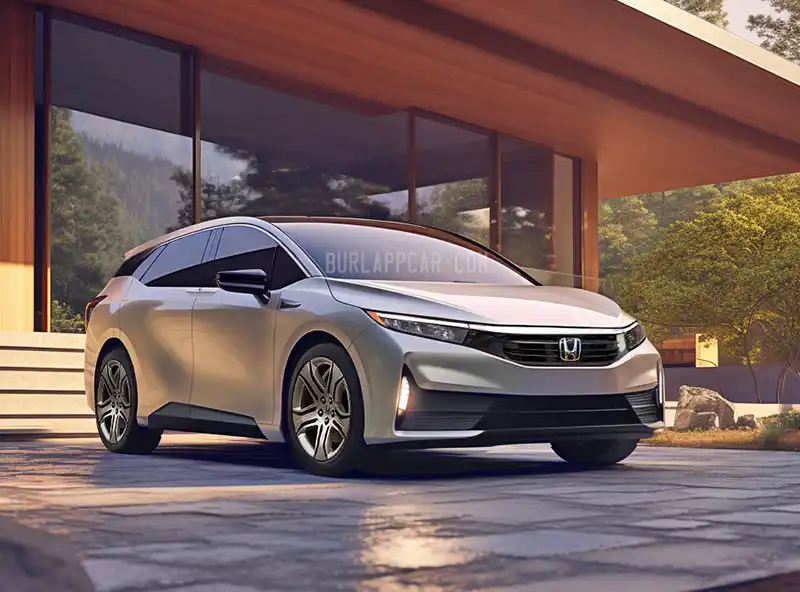
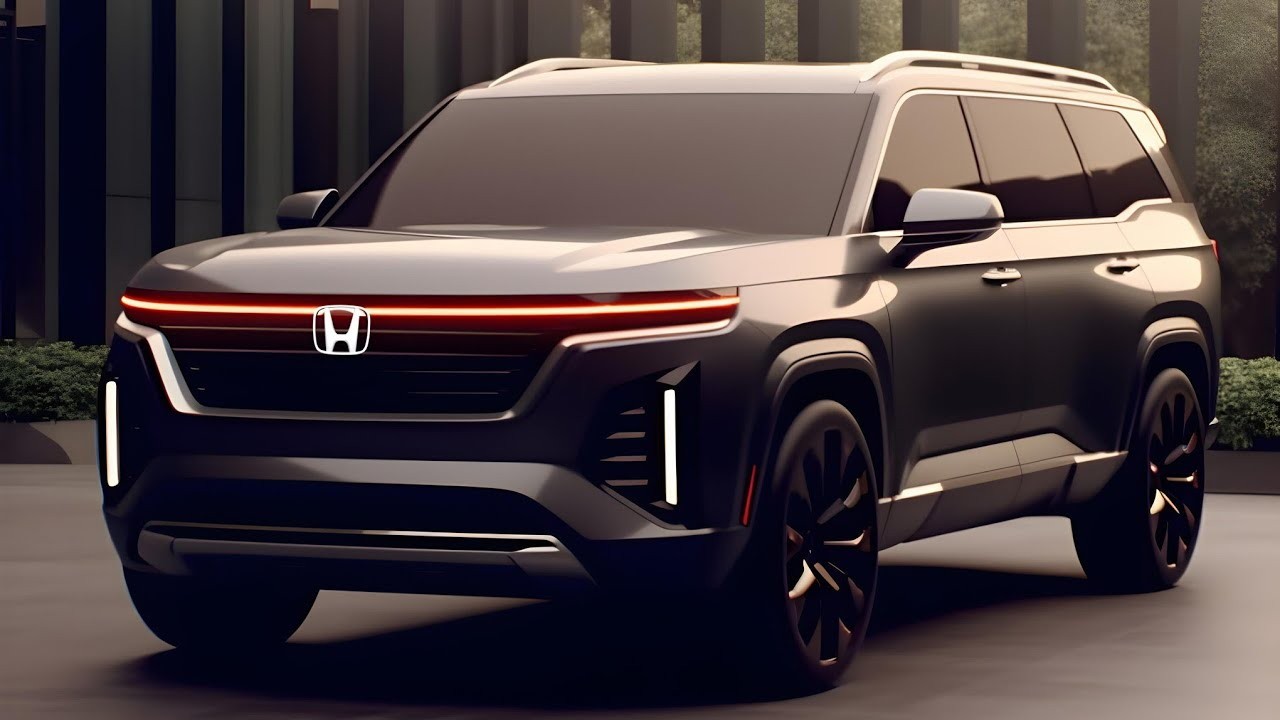
Closure
Thus, we hope this article has provided valuable insights into The Future of Family Transport: Exploring the 2025 Honda Odyssey’s Powertrain Options. We thank you for taking the time to read this article. See you in our next article!